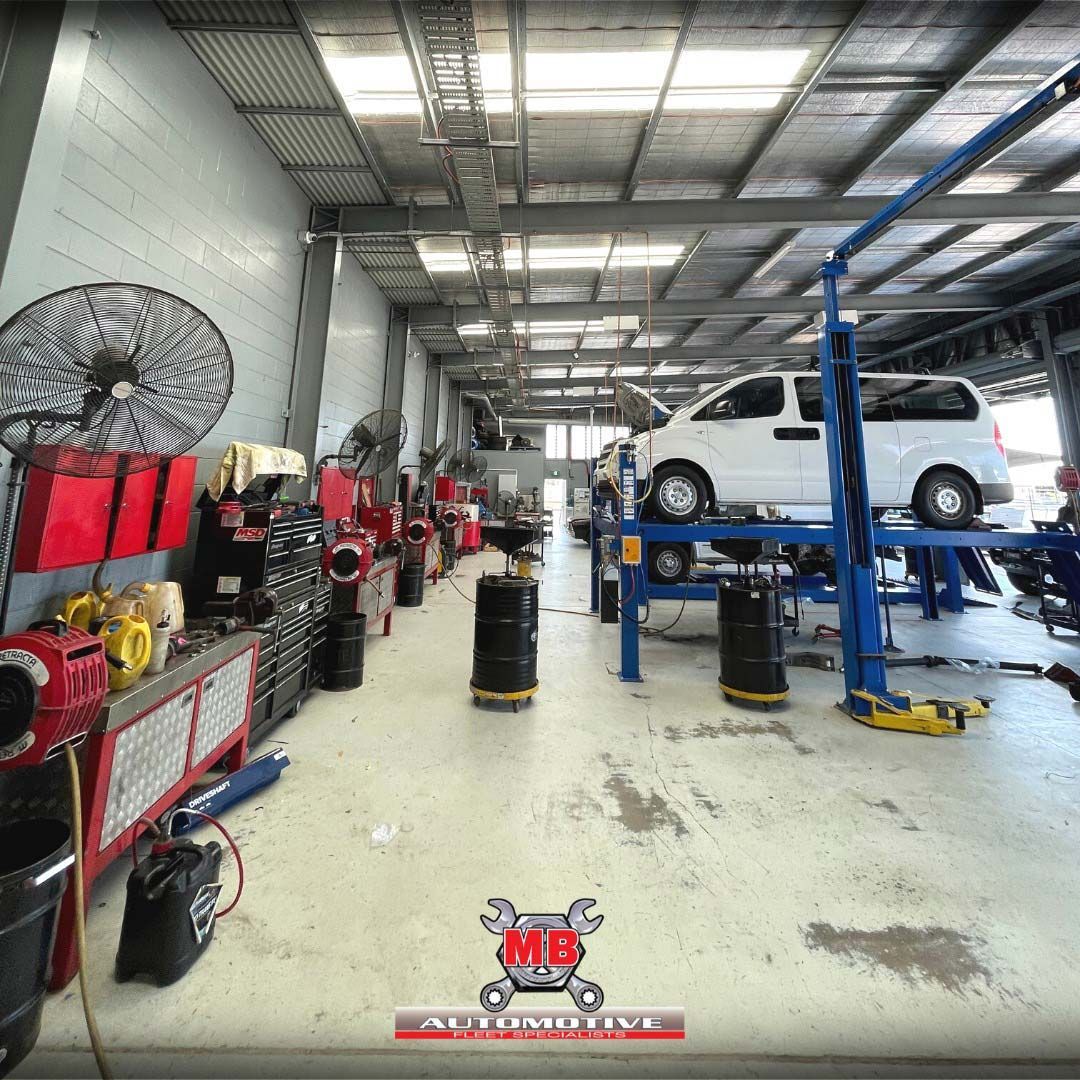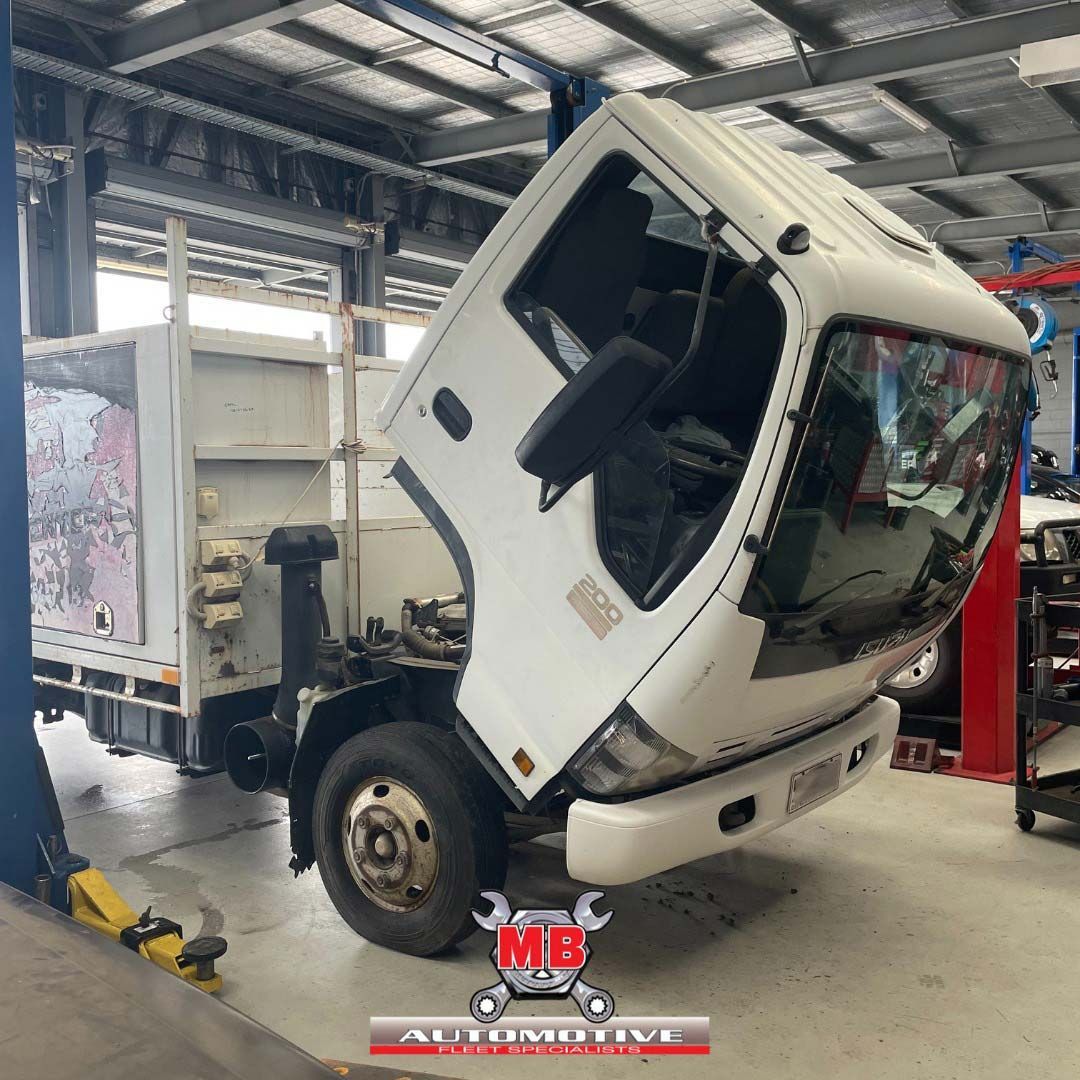The Importance of Fleet Management for Businesses
In today’s competitive business landscape, fleet management has become increasingly important for companies with vehicles on the road. Fleet management refers to the processes and systems used to manage a company’s fleet of vehicles, from maintenance and fuel management to driver safety and route planning. In this blog, we’ll discuss the benefits of fleet management, the different types of fleet mechanics and how to find a fleet management company.
What Is Fleet Management?
Fleet management involves managing a company’s vehicles, such as cars, trucks and vans, to optimise their performance and reduce costs. It includes various tasks, such as vehicle maintenance, fuel management, driver management, route planning and stock management. Fleet management helps businesses improve their efficiency, productivity and profitability.
Benefits Of Fleet Management
Proper Vehicle Maintenance
Fleet management ensures vehicles are regularly maintained and serviced to prevent breakdowns and prolong their lifespan. Regular maintenance reduces the risk of costly repairs and it also helps to maintain the safety of drivers and other road users.
Lower Fuel Waste
Fleet management helps to monitor fuel consumption and reduce fuel waste. By tracking fuel usage and implementing fuel-efficient practices, companies can reduce their fuel costs and carbon footprint.
Proper Driver Management
Fleet management helps to ensure drivers are properly trained, licensed and insured. It also helps to monitor driver behaviour, such as speeding and harsh braking, which can affect fuel consumption and safety.
Robust Route Planning
Fleet management helps to plan efficient routes that reduce mileage and travel time. By optimising routes, companies can save time and fuel, which translates to cost savings.
Increased Profitability
Fleet management helps to reduce costs, increase efficiency and improve productivity, which ultimately leads to increased profitability. It also helps to enhance customer satisfaction by providing reliable and timely deliveries.
Stock Management
Fleet management helps to track inventory and ensure the right products are delivered to the right locations on time. It also helps to optimise inventory levels and reduce the risk of stock shortages.
What Are the Types Of Fleet Mechanics?
Diesel Mechanic: A diesel mechanic specialises in maintaining and repairing diesel engines used in heavy-duty vehicles, such as trucks and buses.
Truck Mechanic: A truck mechanic specialises in maintaining and repairing light and heavy-duty trucks, vans and trailers.
Fleet Maintenance Technician: A fleet maintenance technician is responsible for maintaining and repairing a company’s fleet of vehicles. They perform routine inspections, diagnose and repair mechanical issues and maintain accurate records.
Small Engine Mechanic: A small engine mechanic specialises in maintaining and repairing small engines, such as those used in lawn mowers, generators and other small equipment.
Fleet Manager: A fleet manager is responsible for overseeing the day-to-day operations of a company’s fleet. They’re responsible for managing vehicle maintenance, fuel consumption, driver safety and compliance with regulations.
How To Find A Fleet Management Company
Finding a reliable fleet management company requires careful research and consideration. Look for a company with experience in your industry, a proven track record and a comprehensive range of services. You should also look for a company that offers 24/7 support, transparent pricing and advanced technology solutions.
Fleet management is crucial for businesses with vehicles on the road. It helps to reduce costs, increase efficiency and improve productivity. By partnering with a reliable fleet management company, businesses can ensure their vehicles are properly maintained, their drivers are safe and their customers are satisfied.

























